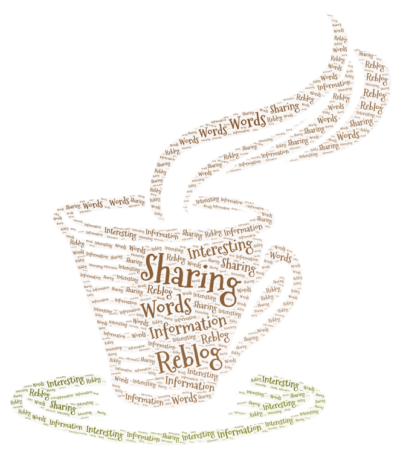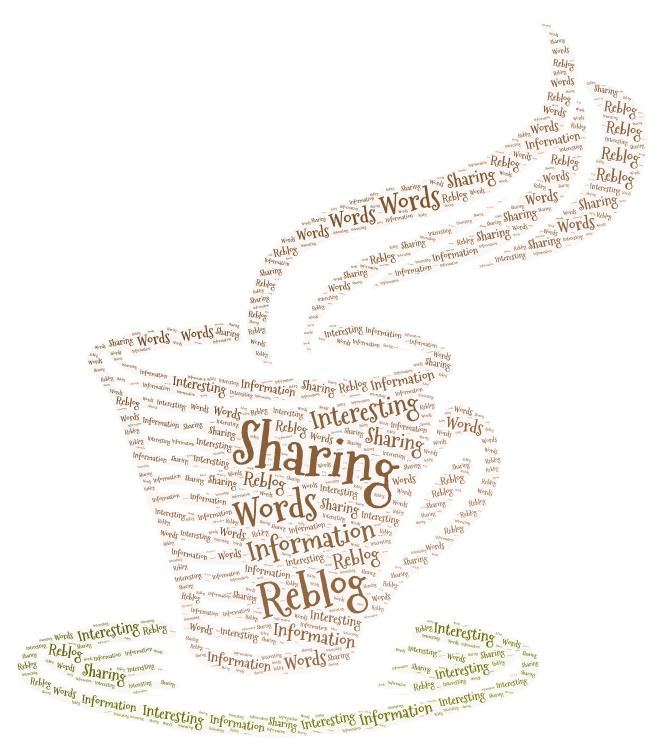
Some controversy seems to prevail when it comes to distinguishing the difference between the two words – Empathy and Sympathy.
I came across this article on Merriam Webster’s site, offering several explanations in variance between the two emotions which are sometimes used interchangeably.
Words at Play
What’s the Difference Between Sympathy and Empathy?
Though the words appear in similar contexts, they have different meanings
What is the difference between empathy and sympathy?
For the most part, these two nouns are not used interchangeably, but often we encounter them in contexts where their nuance is diminished or perhaps not relevant, providing no obvious indication why one was chosen over the other:
In order to succeed, humanitarian efforts require a “Goldilocks” solution–just the right mix of force and charity, sympathy and structure, blind will and determined follow-up.
—Wilfred M. McClay, The Wilson Quarterly, Summer 2008Given his rich familiarity with things European, it is not surprising that Mr. Lewis writes with sympathy and perceptiveness about Edith Wharton.
—Frank Kermode, The New York Times Book Review, 11 July 1993He’s the good man here, as he was in “Good Morning, Vietnam” and “Dead Poets Society,” and he does a fine job of it: he shows the warmth and reticence and empathy that Dr. Sayer needs.
—Pauline Kael, The New Yorker, 11 Feb. 1991But crying as an embodiment of empathy is, I maintain, unique to humans and has played an essential role in human evolution and the development of human cultures.
—Michael Trimble, The New York Times, 11 Nov. 2012
The difference in meaning is usually explained with some variation of the following: sympathy is when you share the feelings of another; empathy is when you understand the feelings of another but do not necessarily share them.
In general, ‘sympathy’ is when you share the feelings of another; ’empathy’ is when you understand the feelings of another but do not necessarily share them. . .
Source: On the Distinction Between “Sympathy” and “Empathy” | Merriam-Webster


I remember being a bit confused when I first read Merriam-Webster’s definitions for my article on empathy. For me, sympathy is more a feeling, and empathy, a sensing. To be in sympathy, I need to know of someone’s plight or distress. To be in empathy, I need no prior knowledge but rather sense someone’s emotional state. Good food for thought here, Deb ♥
LikeLike
Thanks for adding your take on these differences T. I remember when you posted on sympathy/empathy, we had this discussion. 🙂 ❤
LikeLike
❤❤❤
LikeLike
❤ xoxo
LikeLike
A topic near and dear to my heart, Debby. Thanks for sharing.
xx,
mgh
LikeLike
Oh yes I know Madelyn. You’ve written on this, and I shared it too. Not strange you and I are once again on the ‘same page’. 🙂 🙂 xx
LikeLike
Yes, I recall – and thank you again. I just went back and linked here from Part III of my empathy article.
xx,
mgh
LikeLike
🙂 xx
LikeLike
There are many such words that are often confused! These two words are so vital to understand people and their emotions. Thanks for providing the link, sharing and hopping over 🙂
LikeLike
Thank you Balroop. 🙂 x
LikeLike
Thanks Debby.. as said two words easily confused but with very important differences. ♥
LikeLike
So true Sal. It was Tina who brought this discussion to my attention awhile back and I drafted the post. ❤ xx
LikeLike
Two words that many of my students confuse, Debby. Thanks for this. x
LikeLike
Thanks Judith. They are often misconstrued, so I thought it warranted a post. 🙂 ❤
LikeLike
This is such an important distinction. It’s something I feel strongly about…that they are “not used interchangeably…”. Thank you for writing this. ❤
LikeLike
Thanks Sarah. These two words are often mistakenly misunderstood. I thought it was worth posting about. Glad you liked it. ❤
LikeLike
I think the “Words At Play” explanation has it nearly backwards. They site long ago medical texts, but not psychology texts. They fail to closely examine linguistic roots of the words.
Here’s my understanding, which other sources validate: Empathy, is not simply putting yourselves in another’s shoes as a conscious act, it’s actually having emotions and sensations similar to that of another–such as a loss of a loved one, etc. That is a deeper and more profound connection than sympathy. The two terms are also distinguished, in my understanding, with time. For example, because I have suffered similar losses to another, I can understand and appreciate the feelings they have–I can feel sympathetic. I’m not experiencing those losses now (as they are) or I would if were feeling empathy. But I can express my sympathy as a recollection of similar feelings of loss and with my concern for that person in their current time of loss. So, bottom line, the Words at Play article is poorly conceived and misunderstood in its explanation in my opinion.
But perhaps it’s my nuance that’s off. 🙂 Please let me know what you think. It’s important, being a writer to hit the prevalent understanding or fail to effectively communicate with readers!
LikeLike
Excellent point John. Taking another look at the article with your comment in mind, it is somewhat confusing. I am an empath, so I know when I come across something or someone in pain, I don’t just feel a sympathetic compassion but I physically ill in their presence, sentient. I’m not sure if the article was misconstrued or failed to word properly. By saying an empath puts themselves in the shoes of the hurting situation is sort of left open. 🙂
LikeLike
Thanks, Deb. More tomorrow or Thursday on empathy.
LikeLike
I await. 🙂
LikeLike
Forgot to add this link which confirms my understanding. https://www.psychologytoday.com/blog/hide-and-seek/201505/empathy-vs-sympathy
LikeLike
Thank you. 🙂
LikeLike
Thanks for pointing this one out Debby as you’re quite right that often they are used interchangeably. Sadly my ex-fiance had no empathy (part of being a sociopath) and so I know that word all too well. Hugs, many hugs
LikeLike
Arg, I’m sorry to hear this Christy. I lived with one too, so I know well what you mean. So happy you used the word ‘ex’ ❤
LikeLike
An important distinction, Debby. I often hear people use say they sympathize when what the are really feeling is empathy.
LikeLike
And the opposite happens frequently too. 🙂 xx
LikeLike